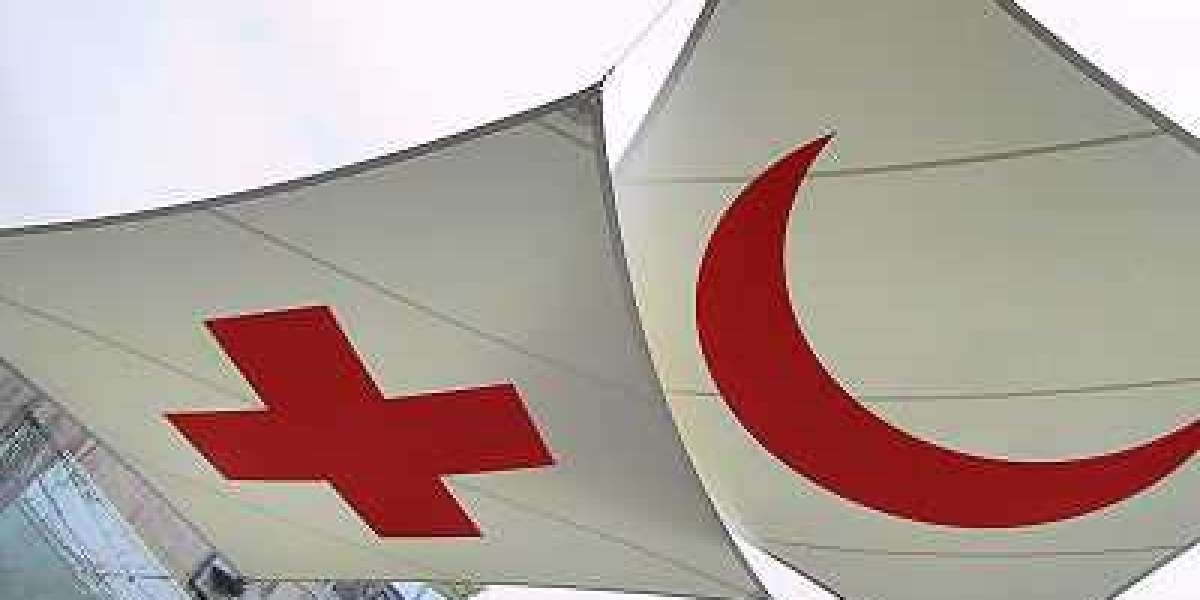Unlock a Clearer Vision: Discover the Magic of Blue Light Filtering Reading Glasses!
In today’s fast-paced digital world, we are constantly surrounded by screens—be it our smartphones, laptops, or televisions. These devices emit blue light, a high-energy visible light that has become an integral part of our daily lives. As we immerse ourselves in this digital environment, the importance of eye health is more crucial than ever. Prolonged exposure to blue light can lead to discomfort, eye strain, and potential long-term damage to our vision. This is where reading glasses that filter blue light come into play, offering a protective barrier for our precious eyes. In this article, we will explore the various benefits and features of these specialized glasses, helping you make informed decisions for your eye health.

The Science of Blue Light
Blue light is a part of the light spectrum that is visible to the human eye. It is emitted by both natural sources, such as the sun, and artificial sources, including fluorescent lights, LED screens, and digital devices. While blue light plays a role in regulating our sleep-wake cycles and boosting alertness, excessive exposure, especially in the evening, can disrupt our natural rhythms. Studies have shown that blue light may contribute to digital eye strain, characterized by symptoms like dryness, irritation, and difficulty focusing. Furthermore, there is growing concern about the potential long-term effects of blue light exposure on eye health, including an increased risk of macular degeneration. Understanding these risks highlights the necessity of taking protective measures, such as using reading glasses that filter blue light.
Benefits of Blue Light Filtering Reading Glasses
The advantages of wearing blue light filtering reading glasses are numerous and impactful. One of the foremost benefits is the reduction of eye strain, which can occur after prolonged periods of screen time. By filtering out harmful blue light, these glasses can help alleviate discomfort, making it easier to focus on tasks such as reading, writing, or working on a computer. Additionally, many users report improved sleep quality when using blue light filtering glasses, particularly in the evenings. This is because they help minimize blue light exposure that can interfere with the production of melatonin, the hormone responsible for regulating sleep. Enhanced visual comfort is another significant benefit, as these glasses can provide clearer and more comfortable vision during extended screen use, allowing you to enjoy your digital activities without the associated fatigue.
Features to Look for in Blue Light Filtering Reading Glasses
When choosing blue light filtering reading glasses, there are several key features to consider to ensure you get the best fit for your needs. First, lens technology is crucial; look for lenses specifically designed to filter out blue light while providing optimal clarity. Additionally, frame styles vary widely—whether you prefer classic, trendy, or sporty looks, there's something to suit everyone's taste. Comfort is paramount as well; a well-fitting pair of glasses will make all the difference, especially during long reading or screen sessions. Consider lightweight materials and adjustable nose pads for a customized fit. Finally, it’s important to choose a pair that matches your prescription if you wear corrective lenses, ensuring that you can enjoy the benefits of blue light filtering without compromising your vision.
Real-Life Experiences and Testimonials
To illustrate the positive impact of blue light filtering reading glasses, let’s consider a few anecdotal experiences. A friend of mine, who spends hours each day working as a graphic designer, noticed significant eye strain and headaches after long sessions in front of her computer. After switching to blue light filtering glasses, she reported a marked decrease in discomfort and found herself more productive during her work hours. Another acquaintance shared that, after starting to wear these glasses in the evenings, she experienced improvements in her sleep quality, allowing her to wake up feeling more refreshed and alert. These real-life stories highlight the substantial benefits that blue light filtering reading glasses can bring to daily activities, making them a worthwhile investment for anyone who frequently uses digital devices.
Protecting Your Eye Health with Blue Light Filtering Glasses
In conclusion, blue light filtering reading glasses offer a powerful solution to protect our eyes from the potential hazards of excessive screen time in our modern digital landscape. By understanding the science behind blue light and recognizing the benefits these glasses provide—such as reduced eye strain, improved sleep quality, and enhanced visual comfort—we can take proactive steps toward safeguarding our eye health. If you find yourself frequently using digital devices, consider making the switch to blue light filtering reading glasses. Your eyes will thank you!







